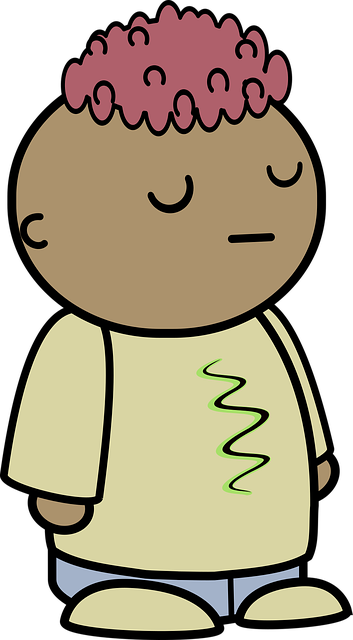Teen Challenge, a Christian rehab program, has faced intense scrutiny for its abusive methods, leaving many survivors with complex PTSD and reintegration challenges. Legal advocacy emerges as a vital tool, empowering these individuals to share their stories, seek justice, and access healing resources. Effective legal representation for Teen Challenge survivors requires specialized understanding of the program's potential harm, fostering trust, and continuous communication to address consent, coercion, and breaches of legal rights.
- Understanding Teen Challenge and Its Impact on Survivors
- The Role of Legal Advocacy in Supporting Survivors' Rights
- Strategies for Effective Legal Representation of Teen Challenge Survivors
Understanding Teen Challenge and Its Impact on Survivors

Teen Challenge is a controversial Christian rehabilitation program that has been operating for decades, claiming to transform lives and help individuals overcome addiction and various forms of delinquency. However, many survivors have come forward with harrowing stories of abuse, manipulation, and psychological trauma they experienced while in these programs. The impact on participants’ well-being can be profound and long-lasting, often leading to complex post-traumatic stress disorder (PTSD) symptoms.
Survivors may face unique challenges upon their release, including reintegration into society, rebuilding relationships, and dealing with the aftermath of physical and emotional abuse. Legal advocacy plays a crucial role in supporting these individuals by providing a safe space for them to share their stories, seek justice, and hold accountable those responsible for the harm they endured during their time in Teen Challenge programs. It empowers survivors to reclaim their agency and access the resources necessary for healing and recovery.
The Role of Legal Advocacy in Supporting Survivors' Rights

Legal advocacy plays a pivotal role in ensuring that survivors of teen challenge programs have their rights protected and their voices heard. These programs, often intensive and structured around religious or spiritual teachings, can be highly coercive environments where individuals face significant pressure to conform and may experience physical, emotional, or psychological harm. Legal advocates step in to navigate complex legal systems, helping survivors understand their entitlements and ensuring that institutions running these programs are held accountable for any misconduct.
By providing legal support, advocates enable survivors to take decisive steps towards healing and rebuilding their lives. This can include seeking justice for past wrongs, preventing future abuses by enforcing existing laws, and securing necessary resources for long-term recovery. In the context of Teen Challenge, where survivors may have been vulnerable due to age or lack of awareness of their rights, legal advocacy is instrumental in fostering a culture of accountability and empowerment.
Strategies for Effective Legal Representation of Teen Challenge Survivors

Ensuring effective legal representation for Teen Challenge survivors requires a nuanced approach that understands the unique challenges they face. One key strategy is to establish strong relationships with clients, fostering an environment of trust and openness. This is crucial as many survivors may have experienced trauma or have limited resources, making consistent communication and emotional support essential.
Additionally, lawyers should thoroughly familiarize themselves with the Teen Challenge program and its potential long-term effects on individuals’ lives. Understanding the legal implications of abuse, manipulation, or exploitation within such programs allows for more robust representation. This includes navigating issues related to consent, coercion, and potential breaches of legal rights, tailoring strategies to protect the interests and well-being of each survivor.
Legal advocacy plays a pivotal role in ensuring the rights of Teen Challenge survivors are protected and respected. By understanding the profound impact of this program on young lives, legal professionals can offer crucial support. Effective representation strategies are essential to navigate the complexities of these cases, providing a voice for survivors and fostering positive change. Empowering survivors through legal means is a powerful step towards healing and justice in the face of past injustices within Teen Challenge programs.
